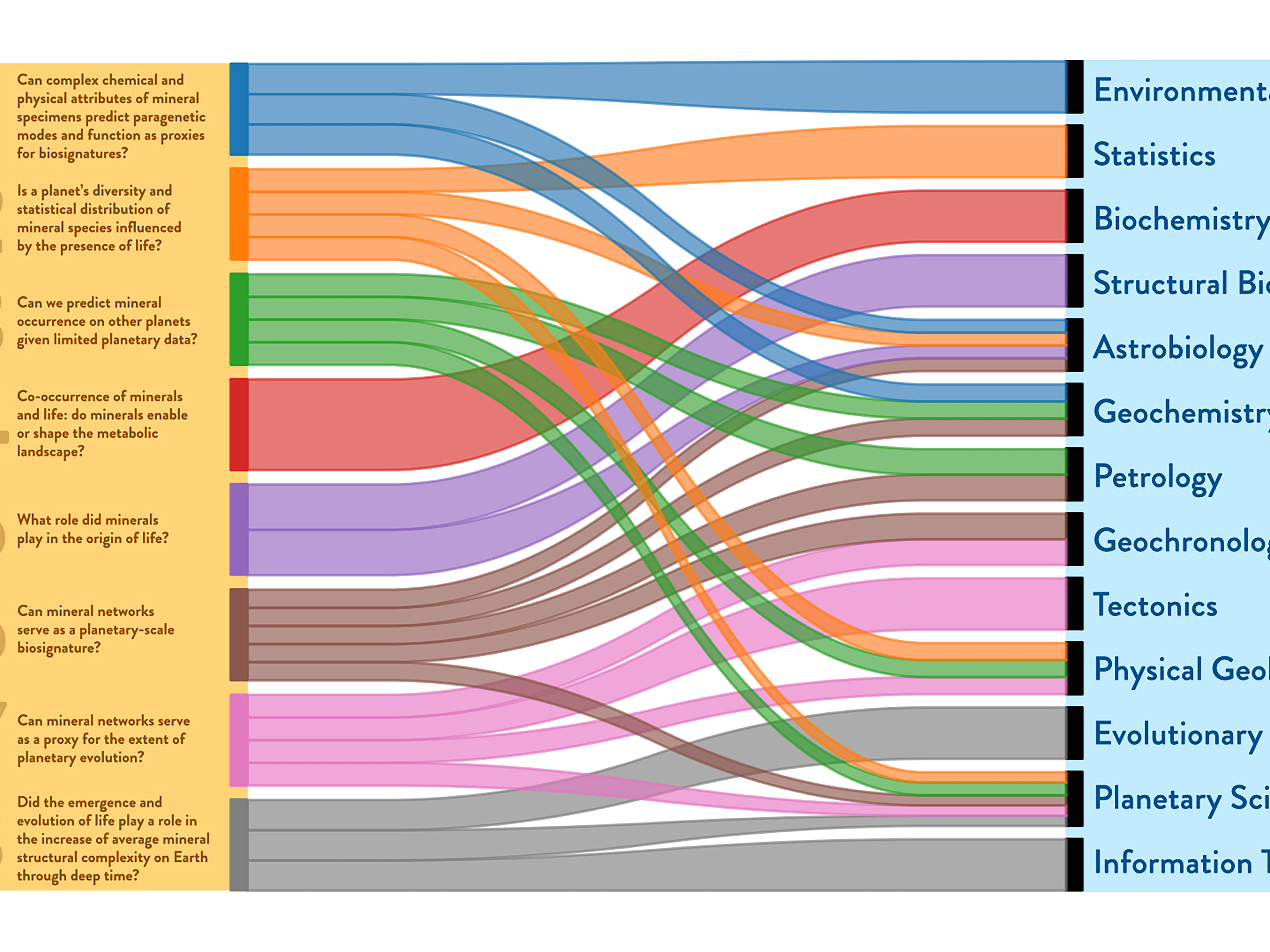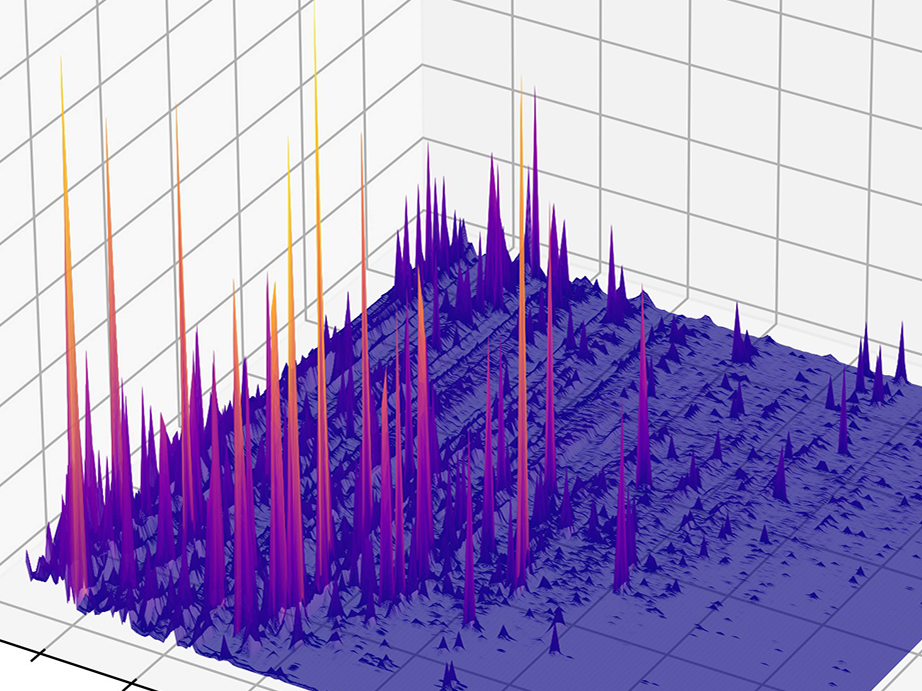Some scientists have estimated that a galactic civilization could colonize the entire Milky Way in a minuscule fraction of the universe's lifetime. The fact that there is no evidence of this constitutes the famous Fermi paradox: Where is everybody?
My colleague Stuart Bartlett and I contend that the Fermi paradox appears as a "paradox" due to an implicit assumption that the trajectory of "progress" can be extrapolated from the past. This key assumption may be unfounded, however.
In a thought-provoking paper, Stuart and I explore the hypothesis that planetary civilizations may inevitably face a self-induced catastrophe that we call "asymptotic burnout" caused by their underlying social dynamics that drive the superlinear scaling of key metrics, including total energy consumption. Civilizations that develop the capability to understand their own trajectory will have a window of time to affect a fundamental change to prioritize long-term homeostasis over unyielding growth, avoiding burnout via a consciously induced trajectory change that we call "homeostatic awakening." We propose that the longstanding Fermi paradox may be explained by the inevitability of civilizations to either collapse from burnout or redirect themselves to prioritizing homeostasis, a state where cosmic expansion is no longer a goal, making them difficult to detect remotely.
Life's evolutionary trajectory features many major transitions in units of selection, information processing, and energy transduction. There’s no reason to believe that life on Earth is done with major transitions—in fact, we are likely in the midst of one right now. Civilization as we know it may not be the "pinnacle" of biological organization, and we ought to consider the idea that one can't just expect planetary civilizations to spread across the galaxy in a colonialistic manner simply because that's what our ancestors did on Earth.
NASA Earth Observatory image by Robert Simmon, using Suomi NPP VIIRS data provided courtesy of Chris Elvidge (NOAA National Geophysical Data Center)









